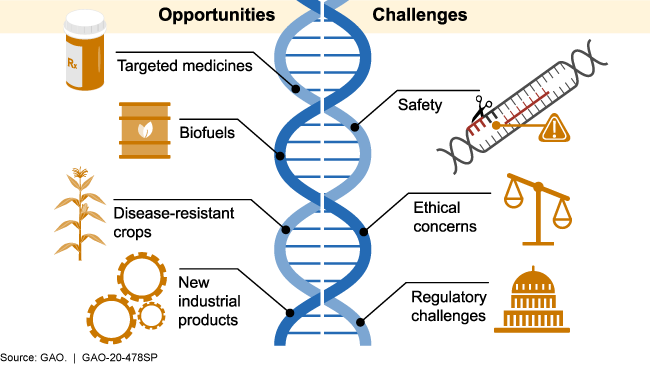The New Yorker magazine
Shouts & Murmurs
February
28, 2022 Issue
Dear Ethicist, I’ve Planted Two Bombs
By Dennard Dayle
https://www.newyorker.com/magazine/2022/02/28/dear-ethicist-ive-planted-bombs-on-two-buses
Dear
Ethicist,
I’d
like to play a game. For years, I considered myself above terrorizing public
transportation. But I’ve wound up doing just that. At this moment, two
high-yield explosives are hidden on rush-hour buses, and disarming one will
trigger the other. Now someone needs to make a decision.
I’d
love to leave it to law enforcement, but they’ll never find my work in time.
And police violence is real. If something happened to me, the dead-man switch
in both devices would go off. I’m not sure I could live with that.
Thankfully,
there’s you. Arbiter of ethical and unethical. Right and wrong. Life and death.
Can you decide which bus survives? You have thirty minutes, so I hope you check
your in-box often.
Consider
the riders. Among the passengers on Bus One is a retiree, uncertain about
whether to confess a long-past affair. On Bus Two is a teacher who recently
caught a destitute honor student cheating and is deciding whether to report it.
Which of them should live to ponder their separate quandaries?
Ideally,
we spare the innocent, right? Does that mean sparing Bus One, on which sits a
lifelong activist for a race she’s come to fear? Or Bus Two, where the
conflicted heir of a tobacco billionaire dozes? If you fail to choose, both
will become ash.
Maybe
our careers define our worth. Bus One carries the transmasculine aide to an
Alabama legislator. Bus Two carries the designer of a sustainable fashion line
that relies on Xinjiang cotton. In half an hour, neither will exist.
Or
perhaps love should decide. On Bus One is a neurologist with a longtime love of
the N.F.L. Bus Two has a woman who keeps her aging mother from watching
reactionary news networks. I doubt that either will find peace before the
explosion.
Finally,
remember the workers who make mass transit possible. The driver of Bus One
knows that her mother hides money from the family. Bus Two’s driver just
received a friend request from an old fling’s son. What’s best for them:
silence, confrontation, or C-4?
Ah,
the classic “two ships, two detonators” problem. I wish I could say that this
is the first time I’ve been asked to choose between two buses, boats, or theme
parks full of people. But challenges from high-concept domestic terrorists are
a daily reality in my field. I endured three trolley problems before completing
my dissertation.
Destroy
both buses. I don’t care.
There’s
no ethical way to engage in your game. You’re an unreliable source, so I cannot
fairly evaluate the lives at stake. Even if you’re telling the truth, you’ve
left out critical information about the passengers’ dependents, their health,
and their willingness to explode. There’s more variance in the latter than you
might assume.
Furthermore,
my earnest engagement would encourage you to target other advice columnists. If
you challenged Dan Savage with sexless couples suspended over a shark tank, I’d
be blamed. And rightly so.
I
advise you to take a closer look at your potential victims. As their captor,
you have a relationship with them, and that gives you the responsibility of
choice. What do you want your bombs to stand for? Destroy any bus that
conflicts with your values, whether it’s one, both, or neither.
I
suspect that it is neither. Your note implies that you’re not interested in
mass transit at all. That you’ve compromised your values for attention. What,
then, do you want to terrorize? A stock exchange? The U.N.? Your father’s
condo? Whatever it is, seek it out and plant bombs you believe in. Even if it’s
hard. Then, and only then, will you be ready to face the Batman. ♦




